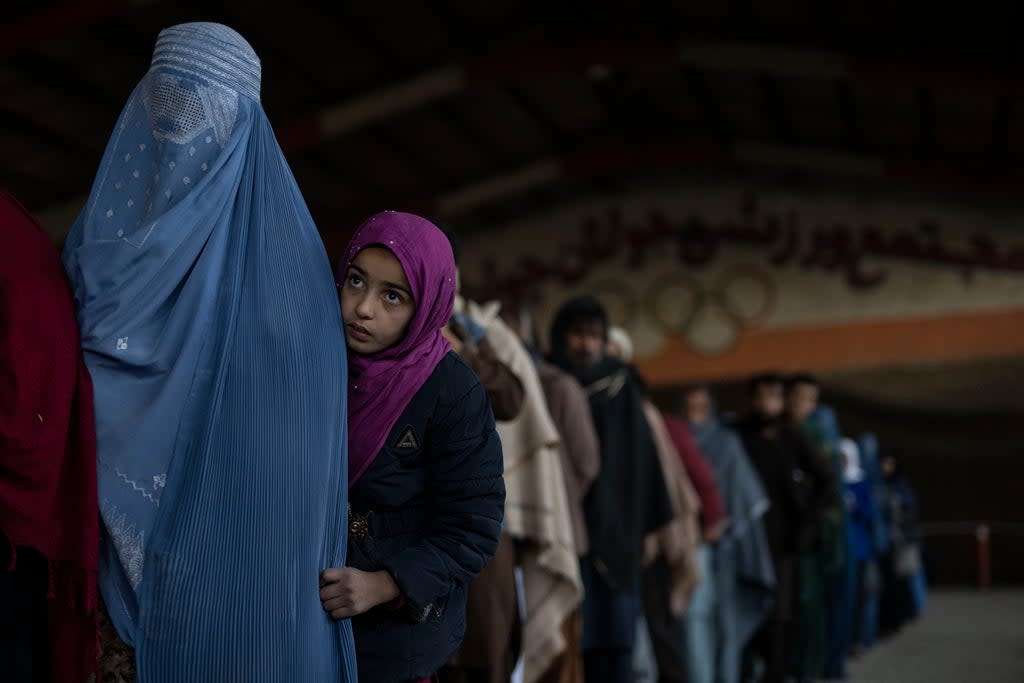UN launches record $5 billion aid appeal for crisis in Afghanistan

The United Nations has made a record $5 billion (£3.7 million) aid appeal to help Afghanistan and millions of Afghans sheltering abroad, calling the funds an "essential stop gap" to ensure the country’s future after the Taliban’s seizure of power last August.
The UN Office for the Coordination for Humanitarian Affairs said the appeal, which amounts to nearly a quarter of Afghanistan’s GDP, is the largest ever sought for one nation and triple the figure it received in 2021 when the US-backed government collapsed.
About $4.4 billion is needed within Afghanistan to help 22 million people, while a further $623 million is required to support a further 5.7 million displaced Afghans in five neighbouring countries, the UN said.
"This is a stop gap, an absolutely essential stop gap measure that we are putting in front of the international community today," UN aid chief Martin Griffiths told reporters in Geneva.
"A full-blown humanitarian catastrophe looms. My message is urgent: don’t shut the door on the people of Afghanistan,” he added. “Help us scale up and stave off wide-spread hunger, disease, malnutrition and ultimately death.”
Mr Griffiths said the appeal would help aid agencies ramp up the delivery of food and agriculture support and invest in things such as health services, malnutrition treatment, emergency shelters, access to water and sanitation, and education.
The abrupt withdrawal of foreign aid last year following the Taliban victory in August left Afghanistan’s fragile economy on the brink of collapse, with food prices rising rapidly and causing widespread hunger. The country also suffered its worst drought in decades in 2021.
An estimated 4.7 million people in Afghanistan will suffer from acute malnutrition in 2022, including 1.1 million children with severe acute malnutrition, according to the UN.
Western sanctions aimed at the Taliban have also prevented the passage of basic supplies of food and medicine in the country, although this has since eased after exemptions were passed by the UN Security Council and Washington in December.
Mr Griffiths, who has been meeting with Taliban officials, said the humanitarian plan had been "carefully calibrated" so that aid will go directly to people in need and not to authorities.
The security situation for aid organisations in Afghanistan was likely the best it had been in several years, he said, adding that the staff in the ministries in Kabul largely remained the same as before the Taliban takeover.
Filippo Grandi, UN High Commissioner for Refugees, said that improved security presented an opportunity to entice millions of people displaced by the long conflict back home. Since the Taliban seized power, about 170,000 had returned already, he said.
"The conflict between the Taliban and the previous government is over and that has opened up some space of security which I think we need to take advantage of," Mr Grandi said. "But to do that we need those resources that are part of this appeal.”
Additional reporting by agencies


